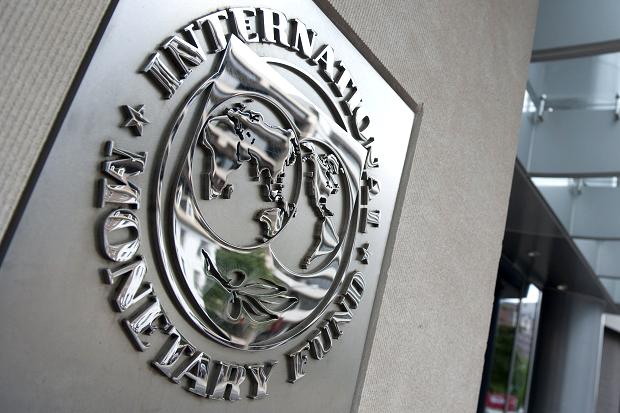
The word on the street about the International Monetary Fund (IMF) is that it’s an evil money lender that enslaves sovereign countries at the behest of the United States by making them addicted to loans.
The negative perception of the IMF among ordinary Pakistanis continues to persist, although it is Pakistan that has approached the Washington-based lender as many as 12 times since the late 1980s – more than the collective number of IMF programmes all other regional countries have had over the same period.
But ask an ordinary citizen why and when the IMF lends money to a country, and you will likely get a blank stare in response. Unlike the other way around, it is usually the country that approaches the fund either to shore up its depleting foreign exchange reserves or raise money to control fiscal deficit arising out of a mismatch between its tax revenues and expenditures.
No wonder the IMF appears to be making a conscious effort now to improve its public image by reaching out to people with its side of the story. Away from the confines of their Islamabad office, IMF Resident Representative Tokhir Mirzoev and other key members of the Pakistan team held a series of ‘background conversations’ with journalists, business leaders and brokerage houses in the country’s financial hub recently.
Expecting an IMF bureaucrat to issue damning statements about the economy and its handling by the government at a public forum would be silly. But Mirzoev did make many candid observations about the current state of the economy in his maiden round of meetings in Karachi.
“Pakistan will not likely have such favourable conditions in the near future,” the IMF resident representative said while speaking to a select group of journalists on Tuesday evening.
He has a point. The kind of optimism reflected by key economic indicators is indeed unusual. The economy was in bad shape at the outset of the IMF programme in September 2013,
Budget deficit was high, foreign exchange reserves were running out, and access to financing from the international debt market was limited. Fast forward to May 2015: foreign exchange reserves have shot up sharply, fiscal deficit is down by almost half, revenues are slightly up, inflation is down, interest rate is at a historic low and structural reforms are (supposedly) being implemented.
“Economic performance has been good … Pakistan has made notable progress relative to the conditions that prevailed 18 months ago,” he said.
Issue of implementing reforms
Noting that it is critical for the authorities not to relax and delay the structural reforms, Mirzoev said deep-rooted economic problems will come back up again if these reforms are not implemented immediately.
“Many past reform programmes faltered at precisely this point: the stage where symptomatic treatment had been applied and it was time to deal with real inefficiencies,” the IMF resident representative noted.
The need to increase tax revenues, enhance export competitiveness and privatisation of state-owned enterprises has become a recurring theme in IMF statements on Pakistan. Mirzoev shed light upon each of these issues and stressed that Pakistan must bring its tax-to-GDP ratio up to 20% on a par with ‘dynamic, emerging economies’ of the world.
In response to a question about the sale of profitable state-owned companies only, Mirzoev said the process of privatisation is often challenging in countries like Pakistan.
“You have to ensure that besides the company, the industry should also be ready for privatisation. You have to create favourable prospects for turnarounds. That’s why the government has opted to sell its stakes from profit-making entities in the first phase,” he said while expressing hope that the so-called bad apples on the government’s balance sheet are also restructured or privatised soon.
Noting that trade within the national borders is also key to economic success, Mirzoev said domestic trade in Pakistan is not quite developed. Saying that fruits and vegetables grown in one province are typically sold within that province, the IMF resident representative said domestic trade is nowhere near the level it should be.
“If a Sindh-based business cannot penetrate in the Punjab market, how will it grow internationally? Japanese and Chinese companies that dominate the world trade first conquered their own domestic markets,” he said.
Published in The Express Tribune, May 28th, 2015.
Like Business on Facebook, follow @TribuneBiz on Twitter to stay informed and join in the conversation.














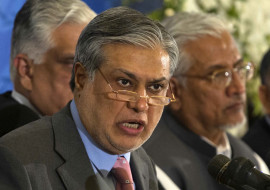

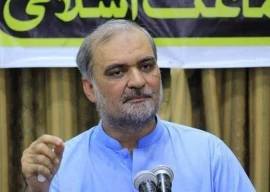

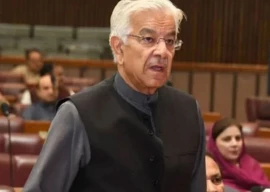
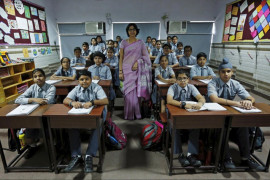
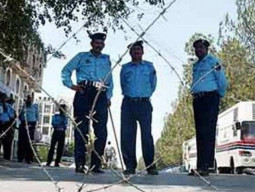










1714024018-0/ModiLara-(1)1714024018-0-270x192.webp)










COMMENTS (8)
Comments are moderated and generally will be posted if they are on-topic and not abusive.
For more information, please see our Comments FAQ